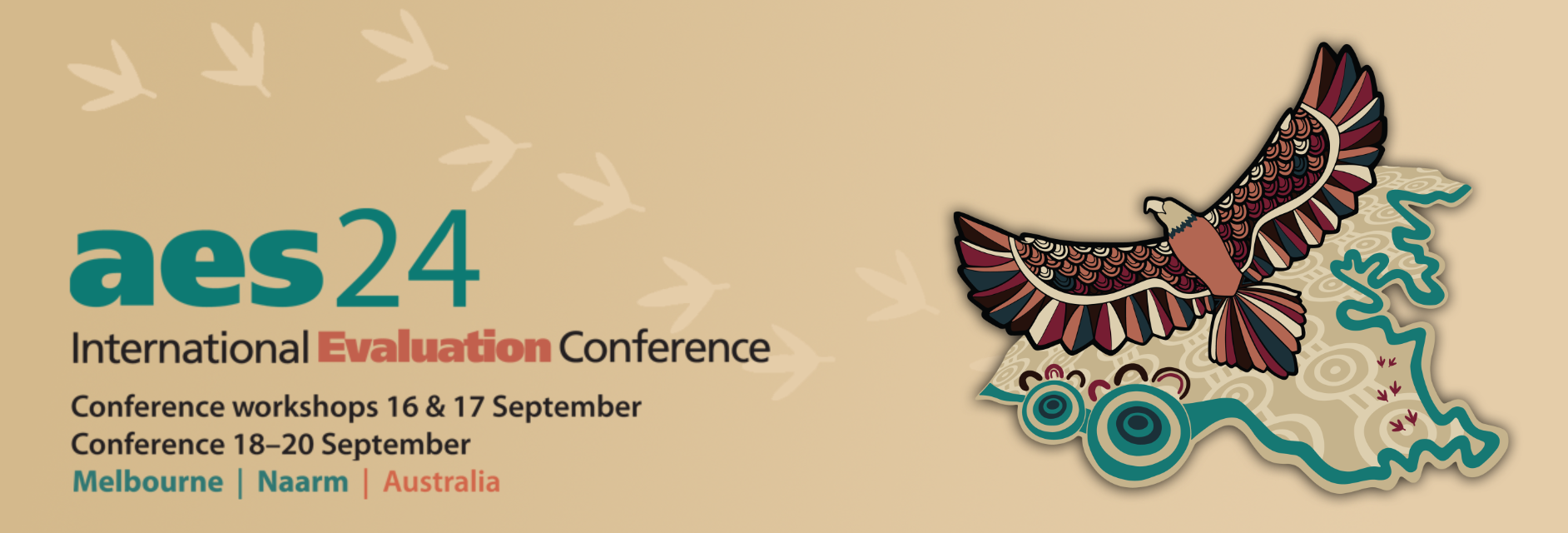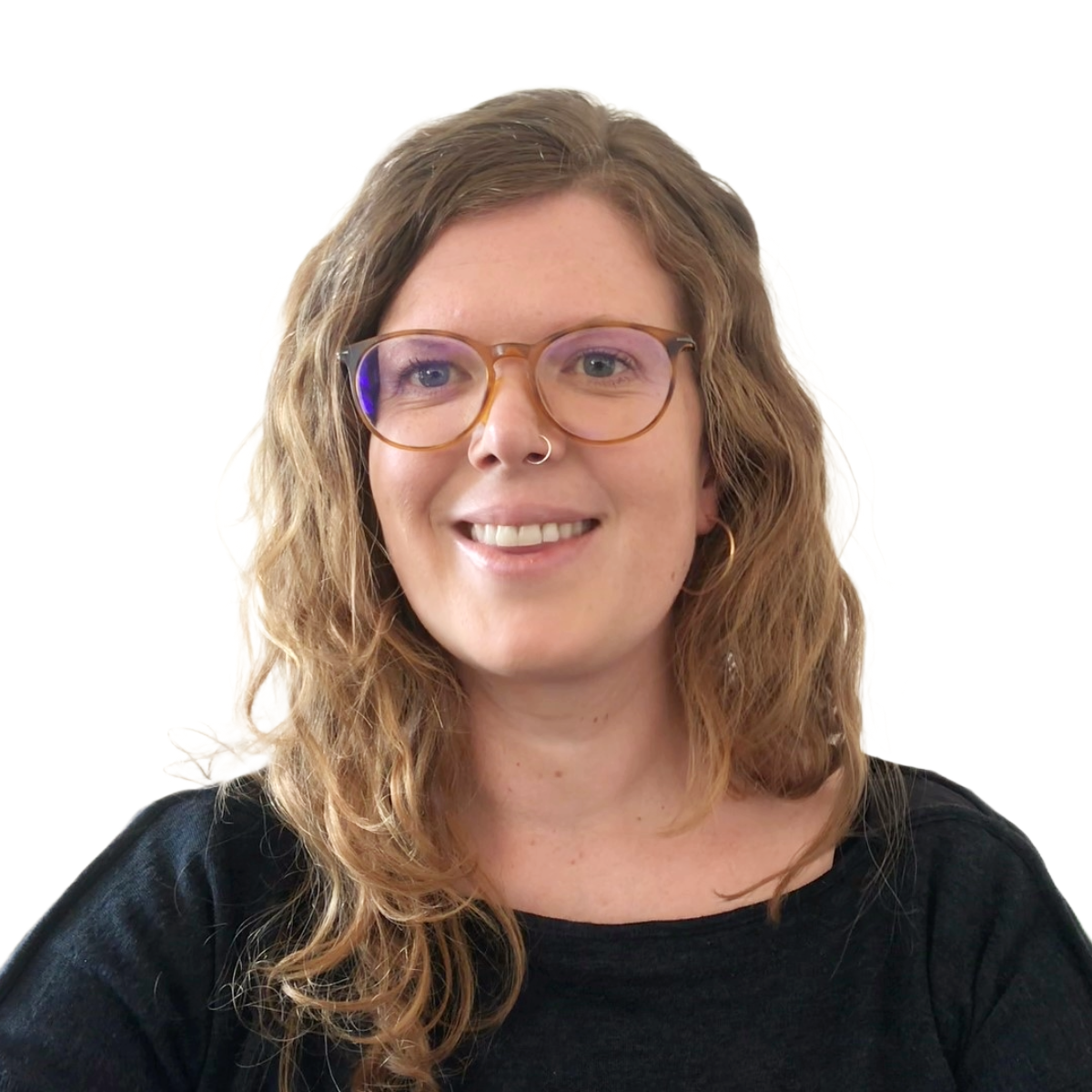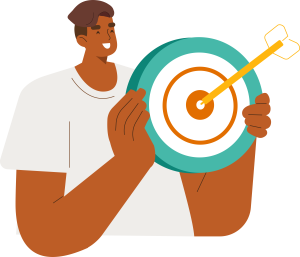From KPIs to systems change: Reimagining organisational learning
Written by Katrina Barnes and Mathilde Wennevold
Shining the torch back on ourselves and asking:
“What change are we seeing? What are we seeing shift? How do we understand that and how do we bring it back into the work we’re doing? “
In her upcoming presentation at AES24, Katrina Barnes (Principal Consultant at Clear Horizon) will present on work she conducted while working at Oxfam prior to joining us at Clear Horizon. This presentation was originally co-authored by Katrina Barnes, Irene Guijt and Chipo Peggah from Oxfam Great Britain and explores Oxfam’s journey to decolonise its knowledge and evaluation processes.
Katrina’s work with Oxfam examined global strategy and systems-change perspectives, focusing on rebalancing learning with upward accountability. This innovative work challenges traditional, often colonial, measures of success in international non-governmental organisations (INGOs) and redefines how we understand impact by embracing collective storytelling, sensemaking, and learning.
We caught up with Katrina Barnes to hear more about what we can look forward to in her presentation.
Katrina Barnes, Principal Consultant
“INGOs, and lots of other agencies, are really starting to move into the space of looking at their work as a portfolio.
Trying to lift M&E up from focusing solely on individual projects, realising that that doesn’t necessarily always provide them with the right or enough information to really understand the changes they’re having. So, they’re starting to look at more portfolio work, systems work, a higher-level strategy perspective. There’s been a lot of focus in the past on how to have aggregate standardised indicators, and we know that doesn’t tell you much. So, at Oxfam, we were trying to find a different way of understanding change at a global level. We shifted to using an outcome harvesting-light approach, rubrics to guide collective sensemaking using indicators to hold us to account rather than to assess change, and doing fewer but more meaningful impact evaluations in partnership with the countries in which we worked to illustrate the impact at a portfolio level.”
Systems approaches with a decolonial lens
“Rather than seeing it purely from an upward accountability perspective,
we tried to rebalance that accountability so it’s not just about reporting to the board or having a fancy, glossy impact evaluation report. It’s really about saying, ‘OK, let’s rebalance upward accountability with learning.’ We wanted to embed learning and ask, ‘What are we seeing change? What are we seeing shift? How do we all understand that and bring it back into the work we’re doing?’
One of the things that I think made our work different is that it was trying systems approaches with a decolonial lens. So, it was not just looking at the system but it was really conscious about how we were doing the measurement. Whose knowledge counted? Who was in the room? Who got to have a say in the analysis of what ‘good’ looked like?
This work is constantly evolving and changing. I think I went into it hoping there would be a point in time where we could draw a line in the sand and say, ‘It’s designed. It’s done. Now we implement.’ But that never happened, because you’re constantly evolving and adapting as the strategies evolve.”
Will you join us on Thursday?
The presentation will include updates on the lessons learned—what worked and what didn’t, and how things have evolved. Join us on Thursday, September 19, 2024, 3:30 pm – 4:30 pm AEST as Katrina Barnes holds a conversation on the lessons, challenges, and innovations emerging from this critical conversation on systems change and accountability.
Find us at the AES conference!
There’ll be lots of friendly faces from Clear Horizon at AES24, and we hope you’ll say hello! You can find us at our booth, at our recovery breakfast, and at our presentations and workshops. You can also find us soaking up wisdom at the many presentations and events on offer. Here’s what our colleagues are most looking forward to this AES (and their tips for having a great conference)!







